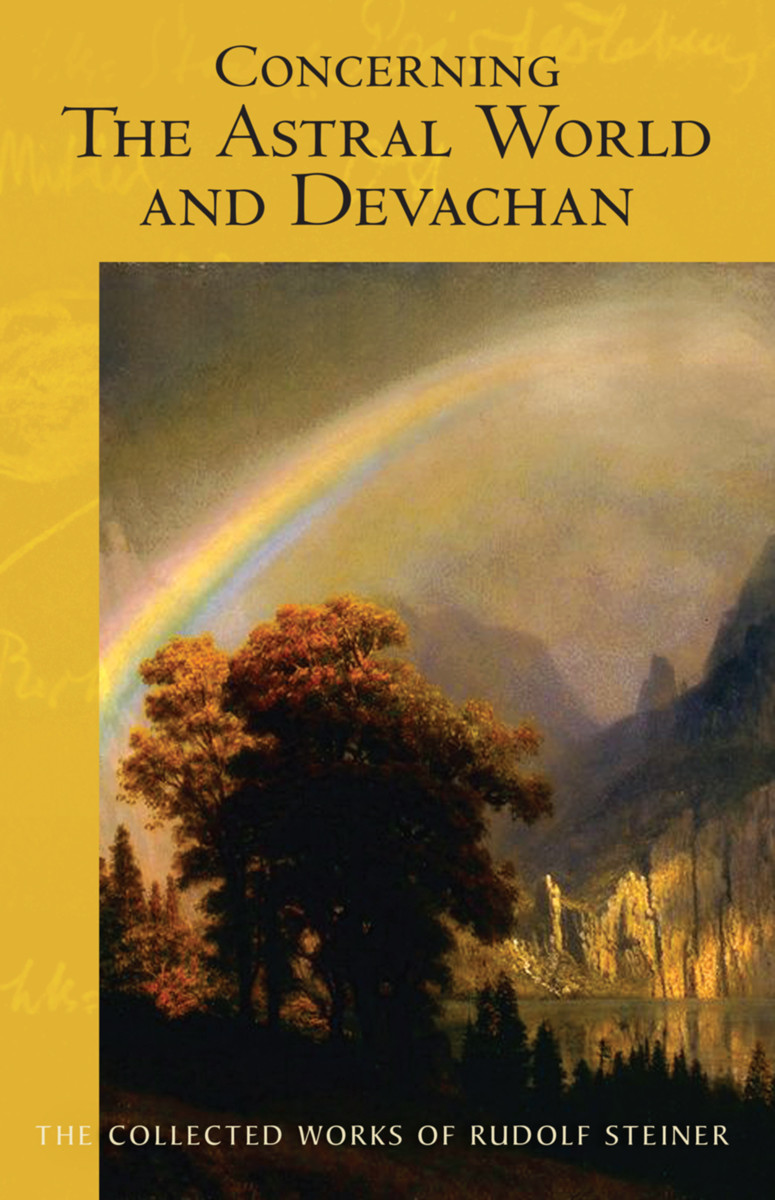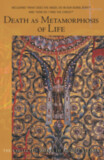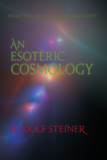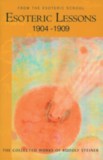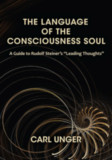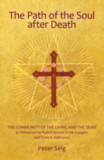Concerning the Astral World and Devachan
(CW 88)
- Publisher
SteinerBooks - Published
1st August 2018 - ISBN 9781621481010
- Pages 268 pp.
- Size 6" x 9.25"
Notes from 19 lectures and 4 private lessons, Berlin, 1903–1904 (CW 88)
In Berlin, just past the turn of the twentieth century, Rudolf Steiner, then a relatively unknown writer, educator, and editor, first began his spiritual teaching activity under the auspices of the Theosophical Society. The gatherings at this time were small, often being held in private homes, and therefore, in terms of size and location, intimate.
Immediately after assuming leadership of the German Section of the Theosophical Society, Rudolf Steiner began a comprehensive program of teaching, at first within the Berlin Branch of the Theosophical Society. The notes from nineteen of those early lectures and four private lessons form the content of this volume.
Moving back and forth between Eastern theosophical terminology and Western esoteric tradition, searching for words and pictures, for the first time Steiner was presenting the results of his spiritual-scientific research to small groups of people longing for deeper truths.
“These lectures from 1903 and 1904 are among the very earliest for which we have any written reports. These reports are not, however, the product of professional stenography, as was the case with later lectures, but have been assembled from notes taken during and after the lectures by those attending.... With all of his printed lectures, but especially with the early ones for which we have only notes, we do not know for certain if he spoke these exact words or meant exactly what he seems to say. We are compelled to use our own best judgment as to what he actually said, and what the meaning might be...in other words, we must think for ourselves” (James Hindes, from the introduction).
∞ ∞ ∞
This book is volume 88 in the Collected Works (CW) of Rudolf Steiner, published by SteinerBooks, 2018. It is a translation from German of Über die astrale Welt und das Devachan, published by Rudolf Steiner Verlag, Dornach, Switzerland, 1999.
C O N T E N T S:
Introduction by James Hindes
Part I: Concerning the Astral World
1. The Mystery of Birth and Death (Berlin, Oct. 28, 1903)
2. The Higher Worlds and Our Participation in Them (Berlin, Nov. 4, 1903)
3. The Origin and Nature of the Human Being (Berlin, Nov. 11, 1903)
4. The Being and Nature of the Astral World (Berlin, Nov. 18, 1903)
5. The Character of Astral Processes (Berlin, Nov. 25, 1903)
6. Kamaloca (Berlin, Dec. 2, 1903)
Part II: The World of Spirit, or Devachan
1. Berlin, Jan. 28, 1904
2. Berlin, Feb. 4, 1904
3. Berlin, Feb. 11, 1904
4. Berlin, Feb. 25, 1904
Part III: Four Private Lessons
1. The Sun-Logos and the Ten Avatars (Berlin–Schlachtensee, summer 1903)
2. The Bhagavad Gita (Berlin–Schlachtensee, summer 1903)
3. The First, Second, and Third Logoi (Berlin–Schlachtensee, summer 1903).
4. The Higher Development of the Human Being (Berlin–Schlachtensee, summer 1903)
Part IV: Nine Individual Lectures
1. Questions about Reincarnation (Berlin, Aug. 24, 1903)
2. Secrets and Secrecy (Berlin, Sept. 1, 1903)
3. Occult Research of History (Berlin, Oct. 18, 1903)
4. Physical Illnesses and Cosmological Laws (Berlin, Oct. 27, 1903)
5. Early Images of God (Berlin, Nov. 2, 1903)
6. The Fall into Sin (Berlin, Nov. 24, 1903)
7. Cosmology according to Genesis (Berlin, Dec. 8, 1903)
8. Laws of the Universe and Human Destiny (Berlin, Dec. 21, 1903)
9. The Evolutionary Stages of Humanity (Berlin, Dec. 29, 1903)
Editorial and Reference Notes
Glossary of Sanskrit Theosophical Terms
Significant Events in the Life of Rudolf Steiner
Name Index
Rudolf Steiner
Rudolf Steiner (b. Rudolf Joseph Lorenz Steiner, 1861–1925) was born in the small village of Kraljevec, Austro-Hungarian Empire (now in Croatia), where he grew up. As a young man, he lived in Weimar and Berlin, where he became a well-published scientific, literary, and philosophical scholar, known especially for his work with Goethe’s scientific writings. Steiner termed his spiritual philosophy anthroposophy, meaning “wisdom of the human being.” As an exceptionally developed seer, he based his work on direct knowledge and perception of spiritual dimensions. He initiated a modern, universal “spiritual science” that is accessible to anyone willing to exercise clear and unbiased thinking. From his spiritual investigations, Steiner provided suggestions for the renewal of numerous activities, including education (general and for special needs), agriculture, medicine, economics, architecture, science, philosophy, Christianity, and the arts. There are currently thousands of schools, clinics, farms, and initiatives in other fields that involve practical work based on the principles Steiner developed. His many published works feature his research into the spiritual nature of human beings, the evolution of the world and humanity, and methods for personal development. He wrote some thirty books and delivered more than six thousand lectures throughout much of Europe. In 1924, Steiner founded the General Anthroposophical Society, which today has branches around the world.


